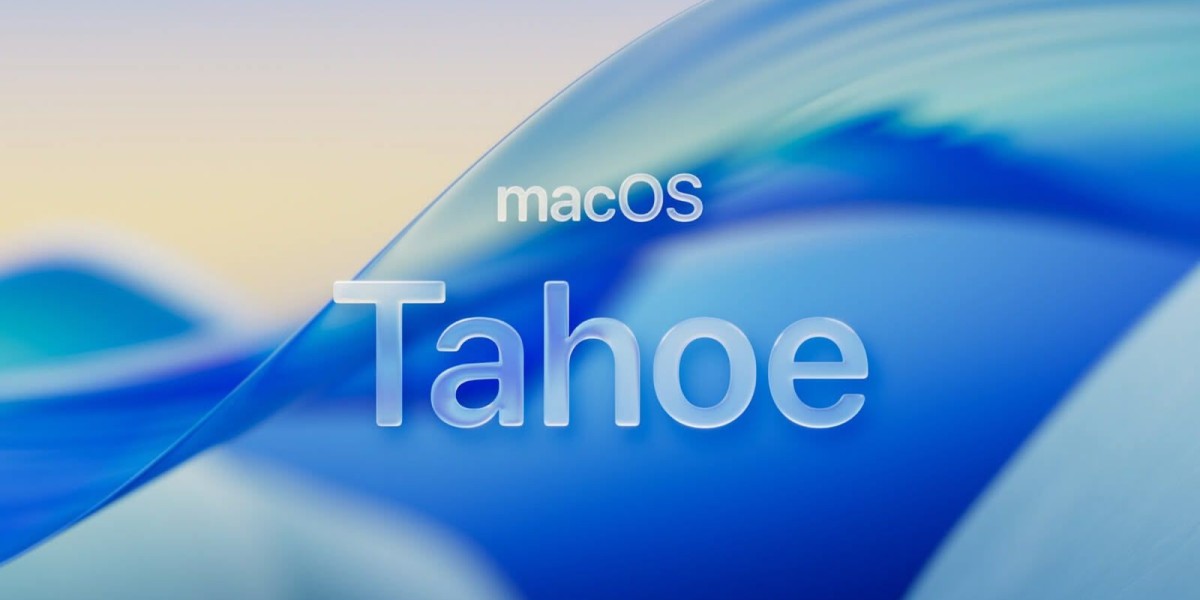Apple has officially started rolling out macOS Tahoe 26, its latest desktop operating system update. Unlike past versions where updates were mainly about visual refinements and security patches, this new release brings a more thoughtful approach to how users interact with their Mac. From smarter tools to better device connectivity and creative features, the update focuses on making everyday tasks smoother and more enjoyable. Here’s a breakdown of what’s new and why it matters.
Personalisation and Cross-Device Experience in macOS Tahoe 26
One of the most noticeable aspects of macOS Tahoe 26 is the attention to user experience and visual appeal. Apple’s Liquid Glass design introduces soft, translucent elements across the interface — from sidebars to toolbars and the Dock. This modern look isn’t just for aesthetics; it helps reduce clutter and gives a sense of openness to the workspace.
Key personalization updates include:
Custom folder colours, icons, and symbols, including emojis
Tint adjustments for system themes
Transparent menu bars for a cleaner screen appearance
These changes make the Mac feel more tailored and less generic. While some users may see this as cosmetic, it’s a step toward a more personal computing environment.
Seamless connection with iPhone and iPad
A major highlight is how macOS Tahoe 26 deepens the connection between Macs and iPhones. Features like the new Phone app allow users to access call history, voicemails, contacts, and even call-handling tools that were once only available on iOS. Live Activities — such as ride tracking, flight updates, and sports scores — are now accessible from the Mac menu bar, syncing in real time with the iPhone.
This improved continuity is perfect for those fully integrated into the Apple ecosystem. However, users on other platforms won’t experience these benefits.
Smart Tools and Creative Features That Boost Productivity
Another core focus of macOS Tahoe 26 is to enhance how users accomplish tasks without breaking their workflow.
Spotlight gets a major upgrade
The Spotlight search tool has been completely reimagined. It now allows users to interact directly with results, such as:
Sending emails or starting notes without leaving the window
Browsing organised folders, documents, and clipboard history
Using quick keys for faster access to tasks
This makes Spotlight not just a search tool but a productivity assistant that keeps essential functions within reach.
Apple Intelligence adds creative and communication tools
The update also expands Apple’s suite of intelligence features:
Live Translation in Messages, FaceTime, and phone calls makes cross-language communication easier.
Genmoji and Image Playground let users design custom emojis and graphics with more control.
Enhanced Shortcuts offer smarter automation, new triggers, and the ability to run tasks securely in the cloud.
While Apple Intelligence is still maturing and may face skepticism, it shows promise in making routine tasks quicker and more efficient.
Gaming, Apps, and Accessibility Improvements
Though Macs aren’t primarily known for gaming, macOS Tahoe 26 brings some improvements that enhance the overall experience.
Gaming enhancements include:
A new Apple Games app that centralises games and settings
Game Overlay for quick access to chat and controls
Improved graphics performance with Metal 4, offering better frame interpolation and denoising
System apps have also been refined:
Safari sports a cleaner, more intuitive interface
Messages supports polls and custom backgrounds
Notes now includes Markdown import/export and audio transcription tools
Accessibility has received thoughtful upgrades as well:
Better support for vision-impaired users
Enhanced reading and braille display options
Though these features don’t turn Macs into hardcore gaming machines, they contribute to a more inclusive and versatile experience.
Why macOS Tahoe 26 Matters for Apple Users
macOS Tahoe 26 isn’t about flashy, groundbreaking changes but rather about improving the tools you use every day. The combination of design improvements, smarter workflows, and ecosystem continuity makes it a meaningful upgrade.
What makes it worth upgrading:
A more personalised interface with reduced visual clutter
Easier access to phone-related features without switching devices
Smarter search and automation tools that save time
Creative and communication tools that enhance collaboration
Practical accessibility improvements for a broader range of users
That said, some features require newer hardware, and not all functions are available everywhere. Apple Intelligence, for example, is still being refined, and some users may be hesitant to fully adopt it until its reliability is proven.






